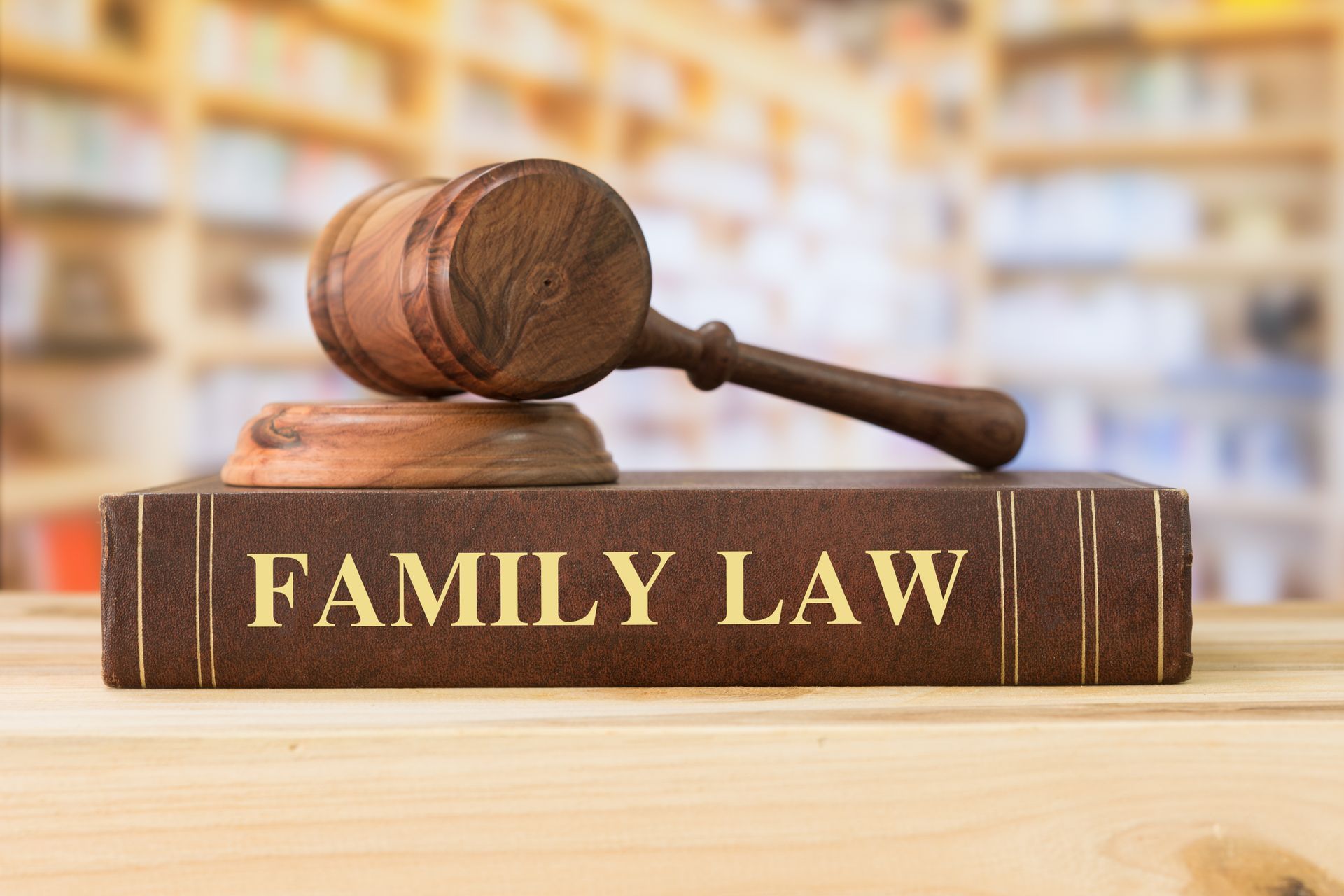A Creative Approach to Your Unique Case
Attorney Baum Goes the Extra Mile
10 Thoughts for Divorcing Parents
By Bill Eddy
Pat knew divorce was inevitable. It was a matter of WHEN? After the children are past the age of 5? 8? 10? 14? They had all tried to keep the family together, but they were individually coming apart at the seams…. Divorce is usually painful for everyone involved. But how to shield your children from unnecessary pain – this is the question!
If you are planning or have recently divorced, here are a few things to consider:
1. There’s Hope
Divorce itself has not been shown to cause long-term negative effects on children. It is the way that people handle the divorce which makes a difference. Most (about 80%) of children have basically adjusted to the divorce within one to two years after the initial separation. While feelings and issues remain, basic healing and stability usually occur.
2. Nobody’s Perfect.
People are not trained in how to get divorced or how to be a parent. We live in a changing world and there is no one right answer for what to do, such that many ways work and each situation is unique.
3. the Level of Conflict Is Usually the Biggest Problem.
Research has shown that a high level of conflict between the parents is more disruptive to children’s development than whether their parents divorced. This research shows that a high-conflict marriage is harder on children than a low-conflict divorce. A high-conflict divorce is even worse.
4. Stability Is a Key Factor for Children of Any Age.
To the extent possible, parents should try to keep or create routines that the children can count on. Children need consistency on which to base their growth. Therefore, firm rules, regular activities, special time with the child, etc. are very helpful.
5. Explain Changes Ahead of Time, if Possible.
Children and adults adjust to change more easily if we can prepare first in our minds. No one likes surprises of the upsetting kind.
6. Make Time to Listen to Your Child
Children need to process feelings and worries much like adults do. Listening with interest and without judgment is important. Avoid reacting to what the child says with your own issues or conclusions.
7. Avoid Criticisms of The Other Parent in Front of The Child.
This is easy to say and hard to do, but very important. Your child needs to have a relationship with the other parent and children do better when they are not caught in the middle.
8. Move Slowly Introducing Children to Your New Relationships.
Your child already has a lot to cope with. The more pressure to like someone new, the more negative their reaction.
9. Get Adult Support for Yourself.
While you want to inform the child of what is going on, don’t rely on the child for support. You need to talk, so find many people to talk to.
10. Do Fun Activities with Your Child.
By enjoying time with your child, you will both feel better and be healthier for it. These suggestions won’t make all pain go away. They might just help make the decision to divorce manageable for you and your children. If you have more detailed questions or concerns, continue reading on the subject; ask for resources from your child’s school counselor or teacher; or seek the help of a trained EAP or mental health professional. You might be surprised at how much help you can get to give you direction and quiet your worries.
Bill Eddy is a family lawyer, family mediator and family therapist in San Diego, California. He is the developer of the New Ways for Families™ method, as well as the author of several books including It’s All YOUR Fault! 12 Tips for Managing People Who Blame Others for Everything, BIFF: Quick Responses to High Conflict People, Their Personal Attacks, Hostile Email and Social Media Meltdowns, and Don’t Alienate the Kids! Raising Resilient Children While Avoiding High Conflict Divorce.For information about training, resources or books, see www.HighConflictInstitute.com.

